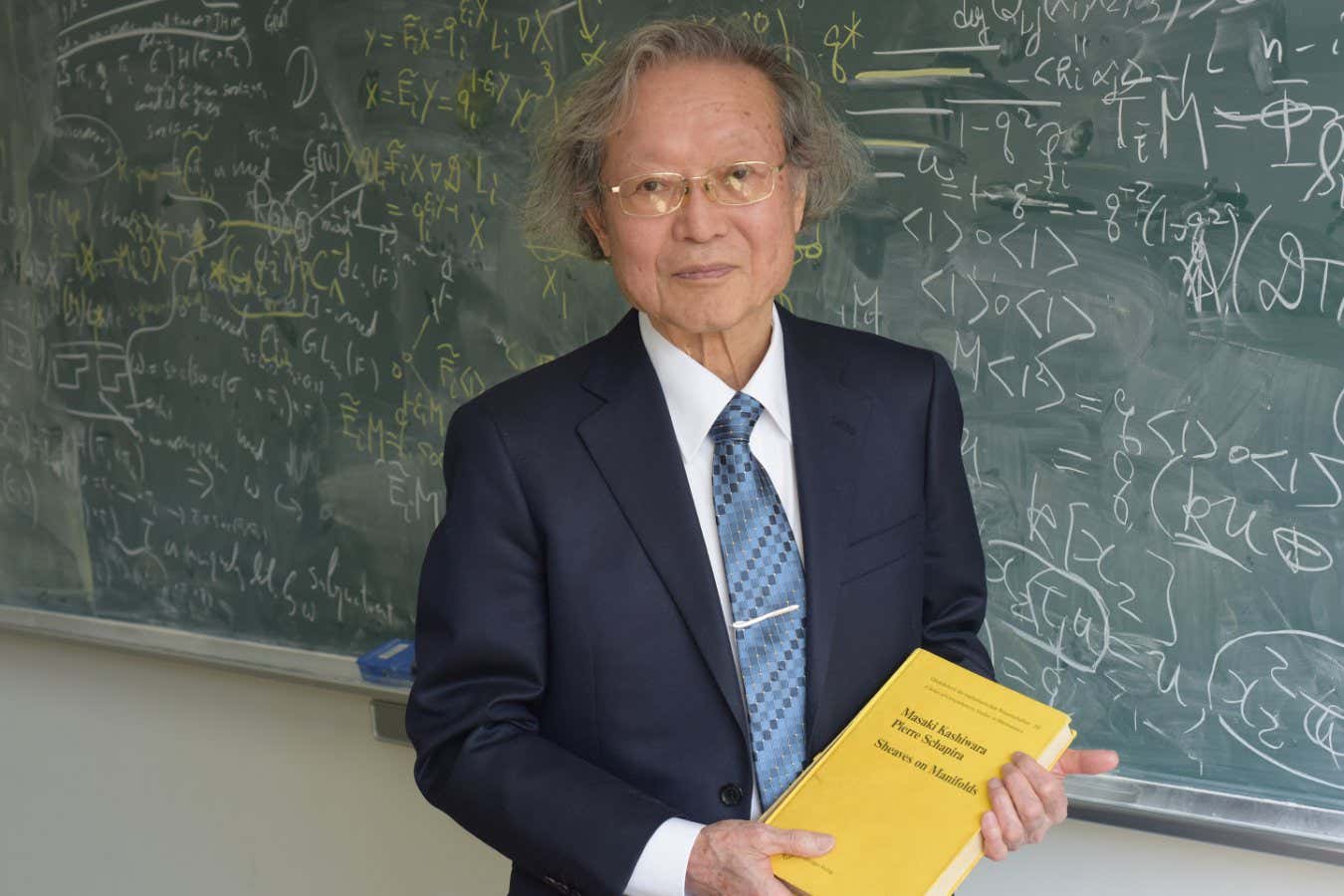Masaki Kashiwara has won the 2025 Abel prize, seen by some as the Nobel of mathematics, for his contributions to algebraic analysis and representation theory
By Matthew Sparkes
26 March 2025
Masaki Kashiwara’s work is seen as highly abstract but vital
Peter Bagde / Typos1 / The Abel Prize
Masaki Kashiwara has won the 2025 Abel prize, sometimes called the Nobel prize of mathematics, for his work on algebraic analysis.
Kashiwara, a professor at Kyoto University, Japan, received the award “for his fundamental contributions to algebraic analysis and representation theory, in particular the development of the theory of D-modules and the discovery of crystal bases”.
Read more
Mathematicians find 27 tickets that guarantee UK National Lottery win
Advertisement
His work involves the use of algebra to investigate geometry and symmetry, and has focused on using those ideas to find solutions for differential equations, which involve relationships between mathematical functions and their rates of change. Finding solutions to such equations can be particularly tricky, especially in the case of functions that have several variables and therefore several rates of change – these are known as partial differential equations (PDEs).
Kashiwara’s vital work on D-modules, a highly specific area of algebraic analysis involving linear PDEs, was done surprisingly early in his career, during his PhD thesis. He has worked with over 70 collaborators. Kashiwara told New Scientist he was happy to win the Abel prize, but is still actively working and hopes to make further contributions.
“I am now working on the representation theory of quantum affine algebras and its related topics,” he says. “There is a nice conjecture: [the] ‘affine quiver conjecture’, but I still have no clue how to solve it.”
